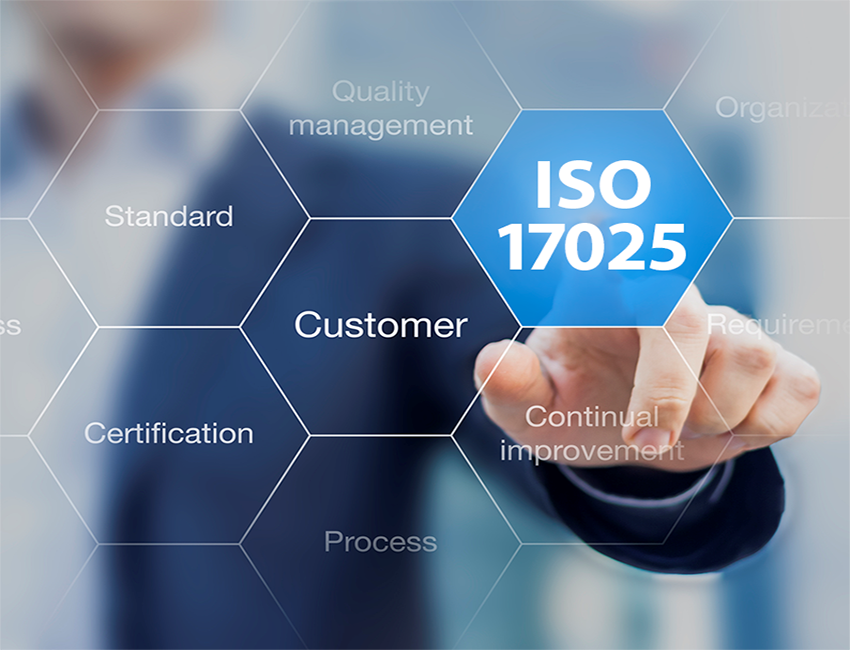There’s precision, and then there’s certified precision
When you’re dealing with heavy-duty operations—think aerospace, pharma, food production, or logistics—accuracy isn’t just nice to have. It’s the difference between compliance and recalls, efficiency and downtime, trust and doubt. That’s why ISO/IEC 17025 accreditation isn’t just a badge—it’s a guarantee that your equipment is being tested, calibrated, and certified with the highest standard in the world. At its core, ISO 17025 ensures that calibration labs can consistently produce technically valid results. And when it comes to industrial scales, that level of traceable accuracy is non-negotiable.
ISO/IEC 17025 is recognized internationally as the gold standard for testing and calibration labs. It covers everything from the qualifications of technicians to the environmental conditions where measurements are taken. This matters because scales are sensitive devices. Variations in humidity, vibrations, or electrical interference can introduce deviations that lead to massive errors in critical industries. A scale calibrated to ISO 17025 standards isn’t just measuring right—it’s measuring right under the strictest possible conditions, every time.
So what does this mean for your operation? Let’s break it down:
Reliable performance: Your scale isn’t just passing a basic check; it’s been calibrated against known standards in a lab that’s been evaluated for competence, consistency, and traceability.
Legal and regulatory compliance: In industries like pharma or aerospace, you could be subject to FDA, ASTM, or FAA regulations that require traceable calibrations. ISO 17025 helps ensure you meet them.
Data you can trust: ISO-calibrated scales help produce data that stands up to audits, inspections, and critical process evaluations.
Fewer costly errors: According to NIST, even a 0.1% miscalculation in weight can lead to thousands of dollars in over- or under-filled product over time. That’s money—and reputation—on the line.
Many operations assume that “good enough” calibration is sufficient. But the difference between generic service and ISO 17025-compliant calibration can be like night and day—especially in high-precision environments. The standard also emphasizes continual improvement, which means labs don’t just get certified and stop trying. They’re regularly audited and held accountable to maintain their procedures, equipment, and training.
When you’re working in a world where tolerances are tight and expectations are even tighter, ISO 17025 isn’t overkill—it’s essential. It’s how top-performing businesses ensure their scales are more than just accurate. They’re certifiably accurate.
Want to make sure your scale calibration meets the highest standards?
We offer certified industrial scale calibration and full repair & preventive maintenance services. Explore our capabilities in instrumentation and electronic calibration or reach out via contact us to schedule an ISO 17025-compliant service that puts precision first.

